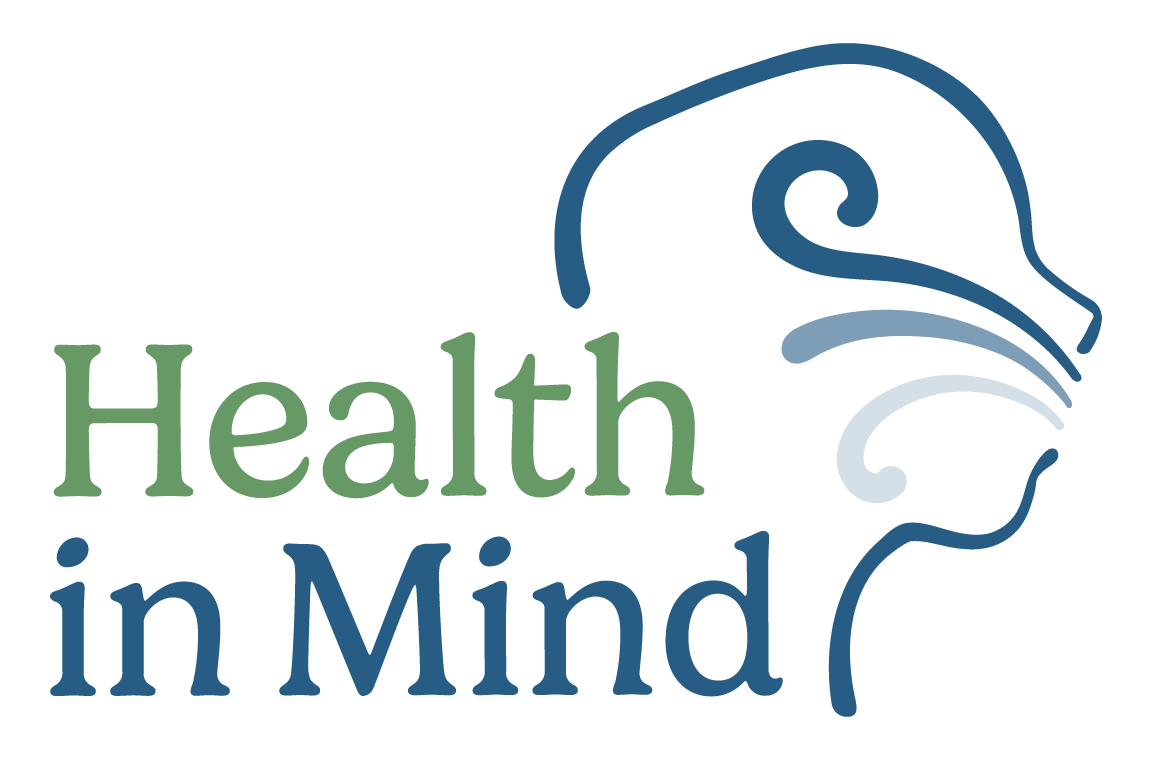Are your ships in shape?
Healthy Relationships
Friendships, kinships, our situationships… the health of your relationships play a part in the impact of stress in your life. Learn how to identify characteristics of healthy relationships and red flags to look out for that may alert you that it’s time to ask for help
Aspects of Healthy Relationships
- Trust: Building trust can take time and allows people to be vulnerable knowing that they can rely on the other person to be kind, patient, and considerate of individual needs.
- Communication About the Health of a Relationship: Open and honest communication is an important part of every relationship because it allows you to share what you’re feeling and what you need from the people around you. Communication opens doors to understanding and compromise, promoting equity in relationships.
- Healthy Boundaries: Being able and willing to follow one’s own rules despite fear of losing a connection is tricky business. In relationships, learning and practicing healthy boundaries is an excellent way to maintain an appropriate level of individualism so that connection isn’t lost with your most important resource… YOU!
- Mutual Respect: Respecting your partner creates a foundation of trust and understanding that lets your relationship grow. Imagine two trees growing side by side, focusing on their own path while also experiencing the closeness of a loved one. There is no need for one to control another… that’s respect.
- Compromise When Conflirst Arise: A compromise doesn’t mean you completely agree with your partner, but you can meet them halfway while maintaining your opinions. Seeking the support of a trained professional could have a great impact on how you and your loved one manage conflict.
Tips for a Healthy Relationship
Healthy relationships can be formed through interdependence. This means having mutual support from a partner, while simultaneously meeting your individual needs. Practice open communication and setting boundaries with your partner.
Relationship Red Flags
- Controlling Your Actions and Thoughts: In a healthy relationship, there is compromise and understanding around differences. Not one person controls the other person’s actions or thoughts.
- Gaslighting: A covert form of emotional abuse, repeated over time, when the abusers lead the target to question their judgments, feelings, and reality.
- Withholding Affection: This is a common occurrence when conflict is present. Unfortunately, withholding affection has a sneaky tendency to keep positive change from happening.
- Disrespectful to You and Others: Blaming, shaming, and other forms of disrespect are synonymous with bullying. In a healthy relationship, both partners demonstrate respect towards each other and other people and appreciate each other differences.
- Dismissive of Your Thoughts and Feelings: It’s important to be with someone who values our perspectives and emotions, fostering an environment where both parties feel heard and validated without judgment or dismissal.
Seeking Guidance and Support
If you believe you are in an abusive relationship, please check out this article on helpguide.org.
Are you interested in counseling to improve your relationship? Contact Health In Mind today to learn more about our couples therapy options.

